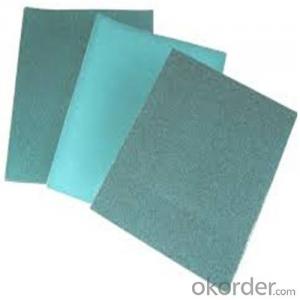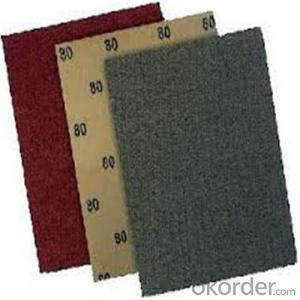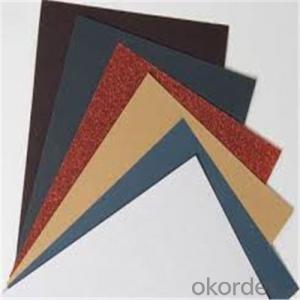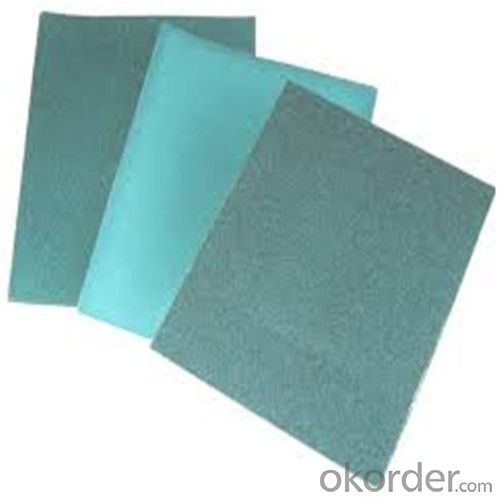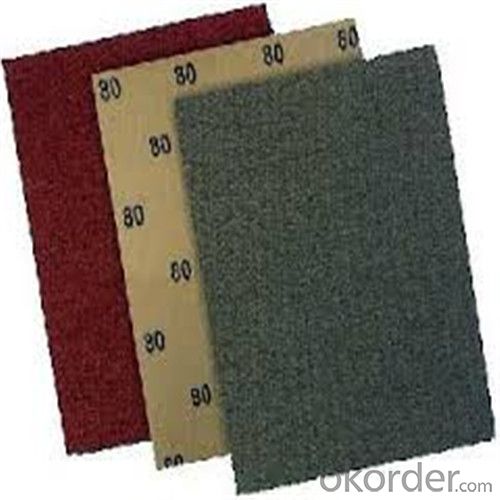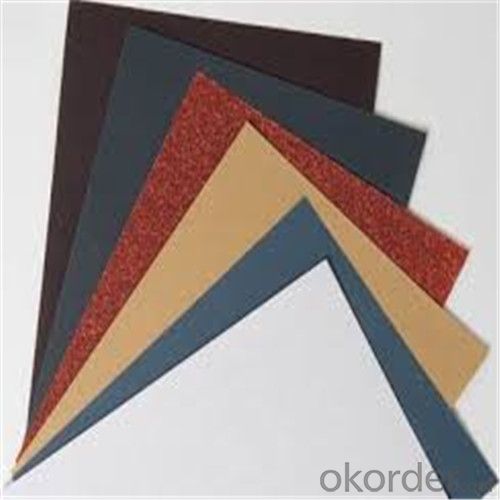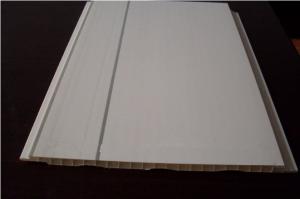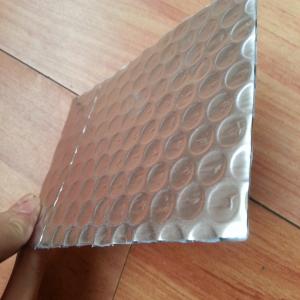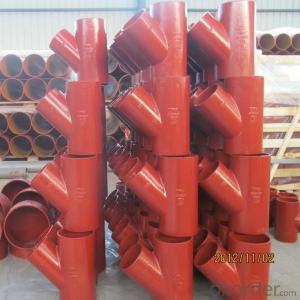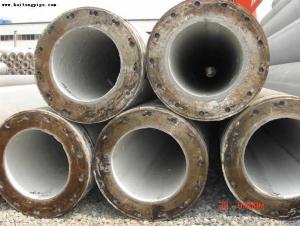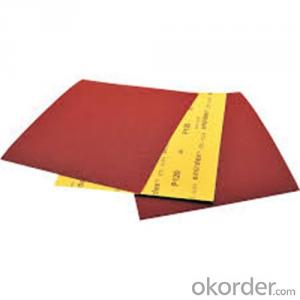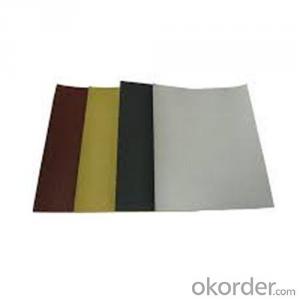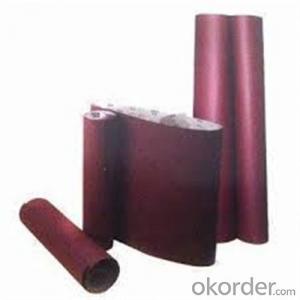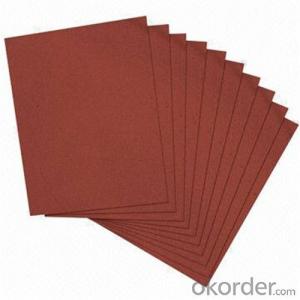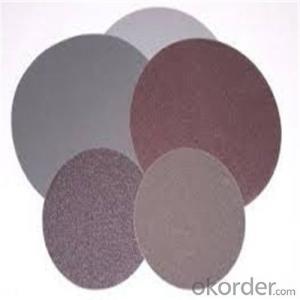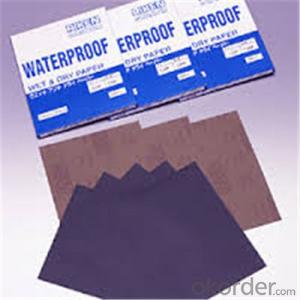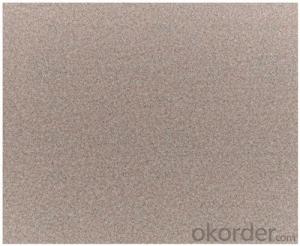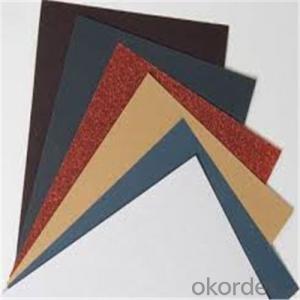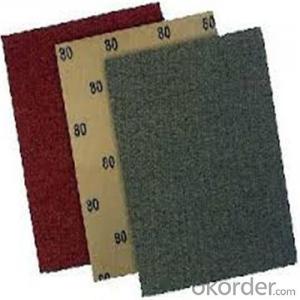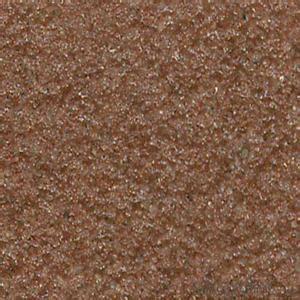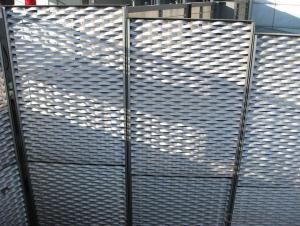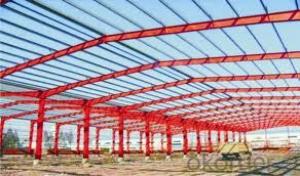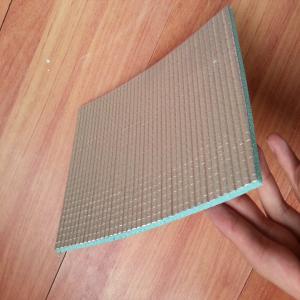Waterpoof Abrasives Sanding Paper for Wood
- Loading Port:
- China main port
- Payment Terms:
- TT OR LC
- Min Order Qty:
- 20000 pc
- Supply Capability:
- 1000000 pc/month
OKorder Service Pledge
OKorder Financial Service
You Might Also Like
Waterpoof Abrasives Sanding Paper for Wood
Waterpoof abrasives sanding Paper is made of high-quality alumina sand powder and kraft paper base, and bound with 100% real resin. Waterpoof abrasives sanding Paper is mainly used in the grinding and buffing of automobiles, home furnishings, leather,
home appliance cases, and mechanical parts.Waterpoof abrasives sanding Paper can grind with water and has a highly-polished work piece. It will not contaminate the work piece when operating, and does not create dust pollution. It is moderately soft. Aluminum oxide ,silicon carbide and so on
waterproof abrasives sanding Paper for wet sanding of paints, primes, surfaces of the automobile industries ,abrasives sanding paperalso used for sanding and finishing of plastics, leather ,mechanical components , furniture, precision instrument and hardware .
abrasive | backing | bond | grit size | ||||||||||||||||||
A | Kraft (Cwt) | R/R | 60 | 80 | 100 | 120 | 150 | 180 | 220 | 240 | 280 | 320 | 360 | 400 | 500 | 600 | 800 | 1000 | 1200 | 1500 | 2000 |
packing quantity | per bale | 100 | |||||||||||||||||||
per carton | 1000 | ||||||||||||||||||||
Standard size 230mm×280mm
(9X11)
Have other special size made to order
Advantage :
CNBM Group Named to Fortune Global 500 for the Fourth Successive Time, Ranking the 267th
Fast delivery
Suply free sample
Competitive price
We also can be made according the customers requirements
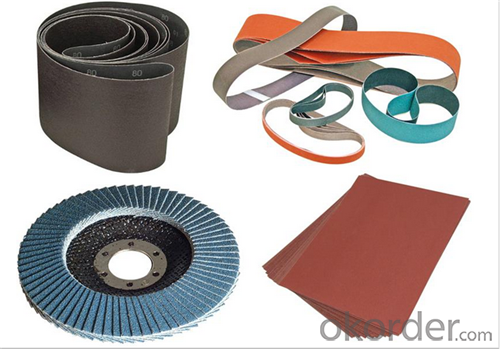
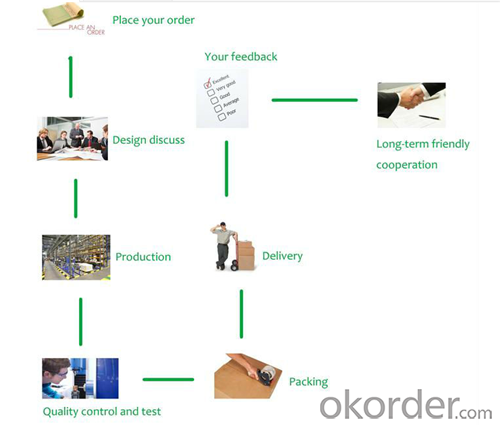




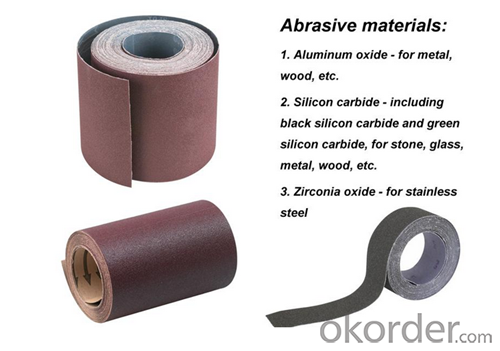

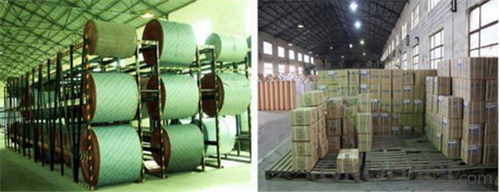


- Q: what kind of investor should invest in real estate ? please provide details .is it an asset or liability?
- The term real estate can be taken literally. In other words, you are not investing in a piece of paper, an invention, or a concept, you are investing in a tangible item -- a piece of land or a physical brick and mortar house. For this reason, because the investment is in something tangible and considered to be long-lasting, the investment is deemed not as risky. The item is real. Now there are all sorts of complications to whether a person should invest in real estate as part of their overall portfolio. Historically, real estate has only returned to investors approximately the rate of inflation. So, if you buy a house at 100,000, in real terms, you are going to sell it for 100,000, even if it seems like it can be sold for $115,000 in 5 years, this is only a 3% gain per year which is approximately an estimate for inflation. On the other hand, stocks may return as much as 8% real return per year, so you are actually growing your money with stocks. Your real estate investment just freezes your money. However, there are reasons for some people to hold very conservative investments, so they may wish to buy real estate. Also, you may try to make money by renting out the property to someone else. They will be paying you to use your land. This can be looked upon as a stable bond investment that pays you income. Hope that helps.
- Q: What all do you need to do to become a Real Estate appraiser in Pennsylvania? School, experience, licensing, etc?
- Education and experience requirements To be eligible to become a state-certified residential real estate appraiser, you must meet all of the following education and experience requirements. There’s no specific order required to gain this education and experience. After you have completed these requirements, you’re eligible to take the state-certified residential appraiser exam. Experience Before you may take the exam, you must: Find a certified appraiser willing to supervise your work experience as a trainee. Work under the supervisory appraiser to get a minimum of 2 years’ real estate appraiser experience (24 months and 2,500 hours). Hours may be treated as cumulative in order to achieve the necessary hours of appraisal experience. Education To be eligible to take the exam, you must successfully complete: An associate degree or higher in any field or 21 semester hours (at least 3 semester hours each) in all of the following: English composition Principles of economics (micro or macro) Finance Algebra, geometry, or higher mathematics Statistics Introduction to computers: Word processing/spreadsheets Business or real estate law and A total of 200 classroom hours of approved real estate appraisal courses, including all of the following: Subject Hours required Basic appraisal principles 30 hours Basic appraisal procedures 30 hours Uniform Standards of Professional Appraisal Practice (USPAP) 15 hours Residential market analysis and highest and best use 15 hours Residential appraiser site valuation and cost approach 15 hours Residential sales comparison and income approaches 30 hours Residential appraiser report writing and case studies 15 hours Statistics, modeling and finance 15 hours Advanced residential applications and case studies 15 hours Electives 20 hours
- Q: I am currently a sophomore in high school. I am planning on becoming a real estate agent when I graduate. I live in Texas, but really want to move to New York. Do I have to be a residence of New York in order to sell houses there? What classes should I take in high school to be prepared for the real world of selling houses?
- Real estate is one of the best investment that any one can make. You have to take proper education in order to become a good real estate agent. This education teach innovative advanced techniques to survive in this very competitive industry. You will find two options for your real estate education. You can take courses online or take classes from traditional school. I think internet can be a great choice when it comes to real estate education. All the Best.
- Q: I had my real estate license in Pennsylvania over 20 years ago...I've since retired, but I'm bored and looking for something to get back into. I'm sure I'd have to retake the test again, but is there anything special I'd be able to do because I had it before?
- This article will help anyone looking for information pertaining to a real estate license in the state of Pennsylvania or anyone looking to become a real estate agent or realtor in Pennsylvania. Contents of this article may include information on real estate education, schools, training courses, continuing education, tests and exams, laws, license requirements, renewal information, forms and more.' Hope this solves your problem. Also wishing you a successful application!
- Q: Has anyone ever obtained a broker license in california without having your sale's license or 4 year degree. I hear that there are other alternatives such as being in the real estate field for a few years to show the department of real estate that you do have some form of experience. . I've been in the mortgages and real estate banking for 6 years and I've completed 6 out of the 8 courses needed apply for a broker license.
- Transcripts of other courses, submitted as an equivalent course of study in lieu of the statutory courses, must be accompanied by an official course or catalog description in order to be evaluated. Broker qualification courses must be completed at an institution of higher learning accredited by the Western Association of Schools and Colleges or by a comparable regional accrediting agency recognized by the United States Department of Education, or by a private real estate school which has had its courses approved by the California Real Estate Commissioner.
- Q: I'm 22 married with no children. Just received my bachelors in february. Currently working in a salaried sales position, ben there 9 months, about 100 miles from my home and im completely miserable. I really want to pursue my dream of being a real estate agent. I love the independence of the career. I'm wondering, though, if I could even make money as an agent now? Im young but I still have bills that need to be paid so I cant pursue something that won't bring us money.
- Stay with the job that you are at and start your real estate career part time. That way you will still be able to afford to pay your bills because when you first start out as an agent it may take you 90 days before your first transaction. The time is excellent to go to real estate school now so that when the market starts to climb you will be able to get out there right away. If you wait until the market is good, you'll be in school while everyone else will be hitting the ground. Do not take online real estate classes if you want the expertise of an agent who may be teaching a course at your local college or an independent real estate school.
- Q: Can any one explain me about Real Estate Developer?
- When making real estate investments, it is very common to use other people’s money to do it. You get a mortgage and pay it back, sometimes over thirty years! You can even structure your deals so no money comes out of your pocket, yet you still get all the benefits. Real estate returns are directly linked to the rents that are received from tenants. Some leases contain provisions for rent increases to be indexed to inflation. In other cases, rental rates are increased whenever a lease term expires and the tenant is renewed. Either way, real estate income tends to increase faster in inflationary environments, allowing an investor to maintain its real returns.
- Q: Can anyone tell me the difference between real estate agent, sales agent, broker, and realtor?Who are the people that show potential buyers houses based on their needs, host open houses, and make commission on sales?
- A real estate agent and a sales agent are the same. A broker is and agent that has passed the brokers exam and holds a brokers license. A broker can start their own office and have other agents and brokers work for them. If you are not active in real estate and are a broker, you can hold your own license. If you are an agent, you will have to have a broker hold it for you or have the state in which you live hold it for you. A REALTOR is a dues paying member of the National Association of Realtors. Most agents and brokers are REALTORS. Both agents and brokers show houses, hold open houses (what a waste of time) and make commissions based on real estate sales.
- Q: I have 3 more classes until I am fineshed with real estate school.Any suggestions or advice.I am thinking of starting out with apartment locators rather than homes!!I dont know.... I am married and 21 and I have been through a few other career choices and they didnt work out. I hope I will like real estate.Is it good money in Texas???HELP HELP!!!Thanks much
- Real Estate is like everything else. You get out what you put into it. Never give up! Apartment locators will get you a little money really fast. If you need the income to survive than absolute start there to survive on. But you are not getting your license to survive! The best way to make money with a real estate license is to get listings! Listings! Listings! Did I say Listings! I tell every new agent that comes to my office if they want to make money in real estate to get listings. Make your approach unique. Pick an area you are already familiar with in a price range that most people are buying in. Get out of the office and hit the streets. That is where the money is found. Work the expired listings in the area. Work the FSBO's in the area. Check with your broker and see if they will let you offer a lower commission on the listing side to get you in the neighborhood. Don't short change the buyers agent's commission. Ex: a 6% would be a 3/3 split a 5% would be a 2/3 split, a 4% would be a 1/3 split. You won't make much if another agent sells your listing but that don't matter. The more signs you have in a neighborhood the more calls you get from buyers. MAKE SURE YOU HAVE NAME RIDERS ON YOUR SIGNS! You are not just trying to sell your listings you are selling everyone's listings. As you get more experienced and more clients start calling you and you have less available time then your value goes up. If you decide to come to the New Orleans area look me up. I am always looking for new agents. Michael
- Q: I would like to get into real estate. I live in NJ. Does anyone have any information about the job? I would like to work for a company that I could have a cubical at and do my paper work and set up open houses? Is that how this all works? Anyone who is in real estate and could give me some tips , they would be much appreciated.I am 25 with no bills... so I am not worrying about making 100,000 dollars a year. So don't start bashing this idea already .
- Most large brokerages and all the national chains offer real estate training in a classroom setting. Just call one of them and ask to speak to the sales director. You can also go to your community college or adult education center or vocational school for training.
Send your message to us
Waterpoof Abrasives Sanding Paper for Wood
- Loading Port:
- China main port
- Payment Terms:
- TT OR LC
- Min Order Qty:
- 20000 pc
- Supply Capability:
- 1000000 pc/month
OKorder Service Pledge
OKorder Financial Service
Similar products
Hot products
Hot Searches
Related keywords
